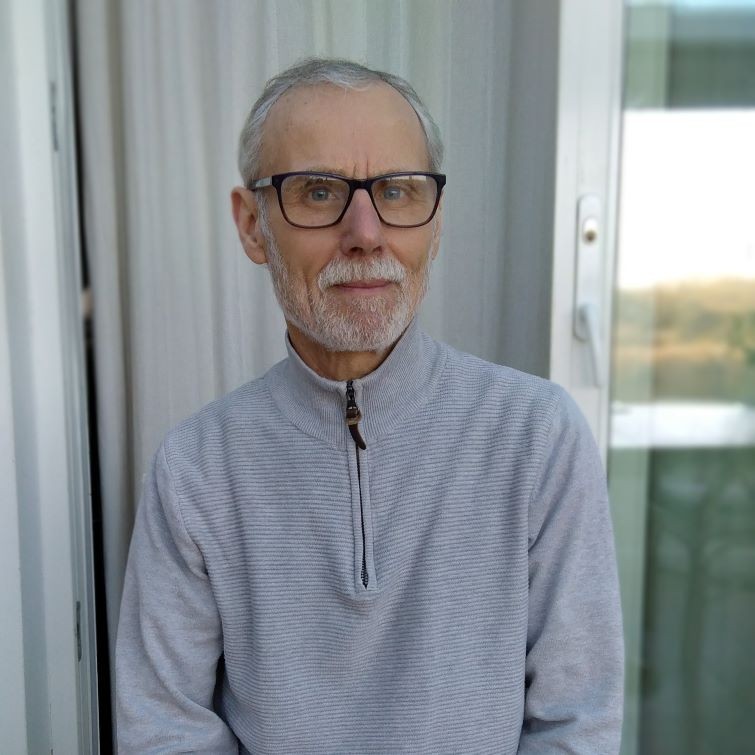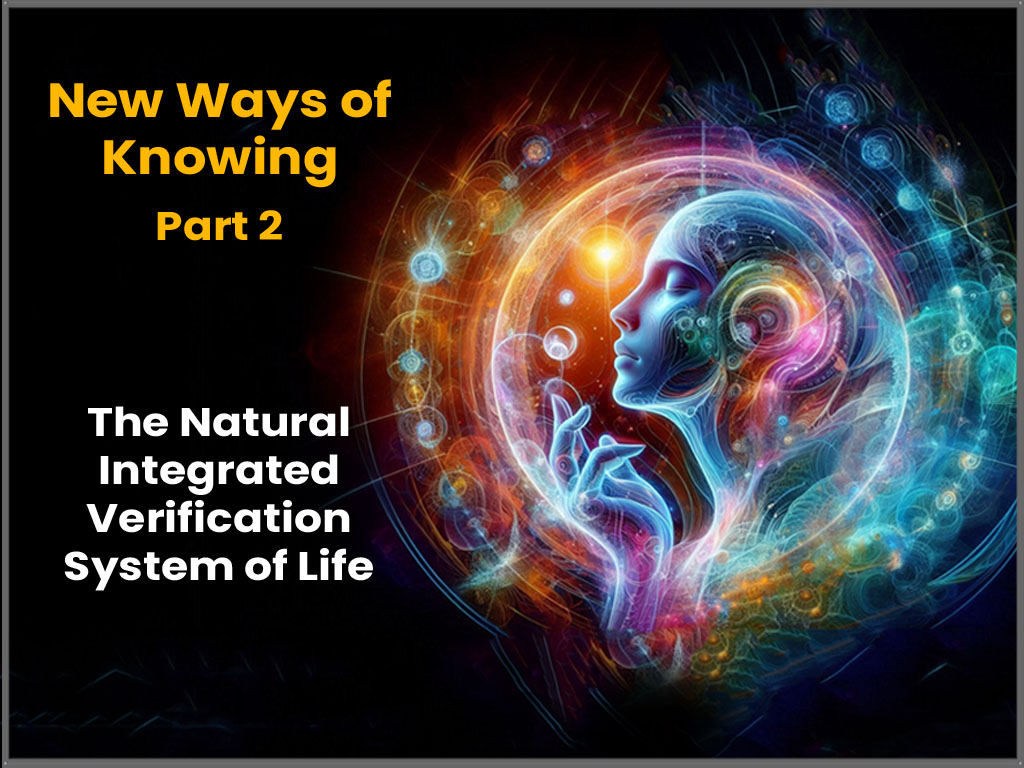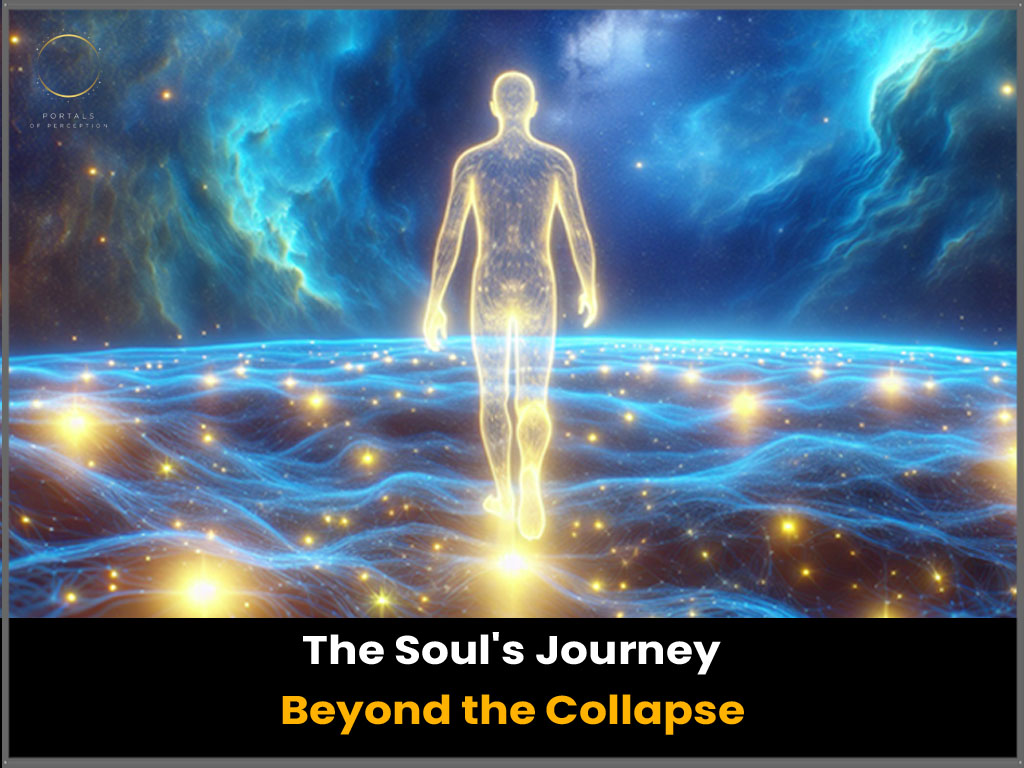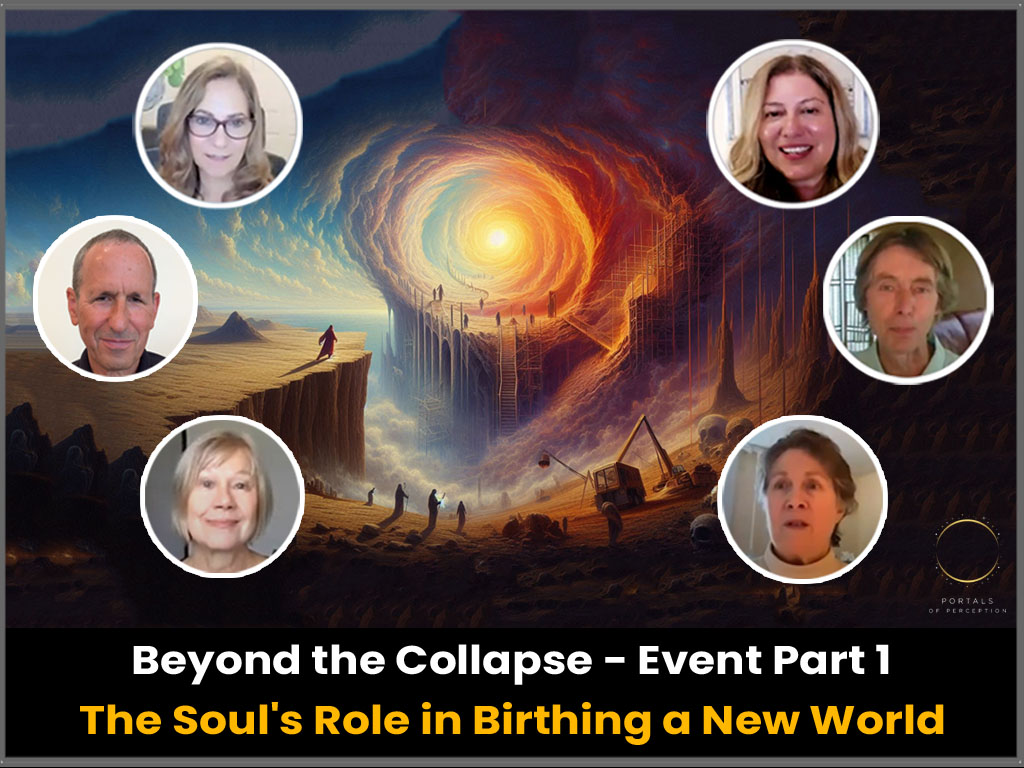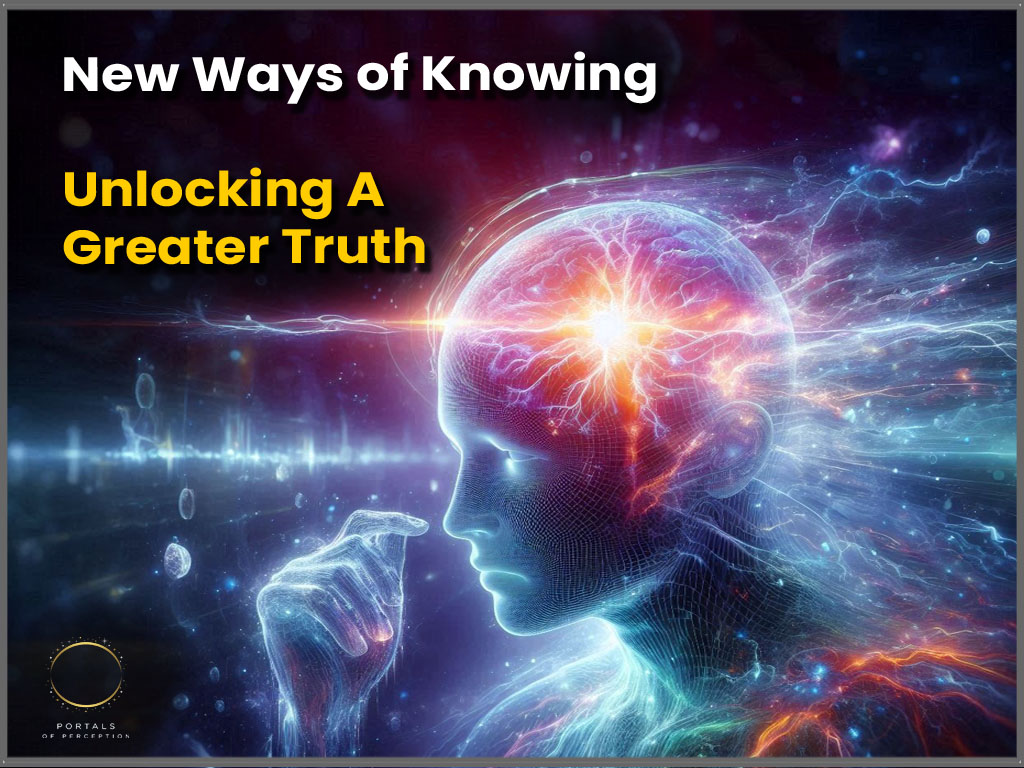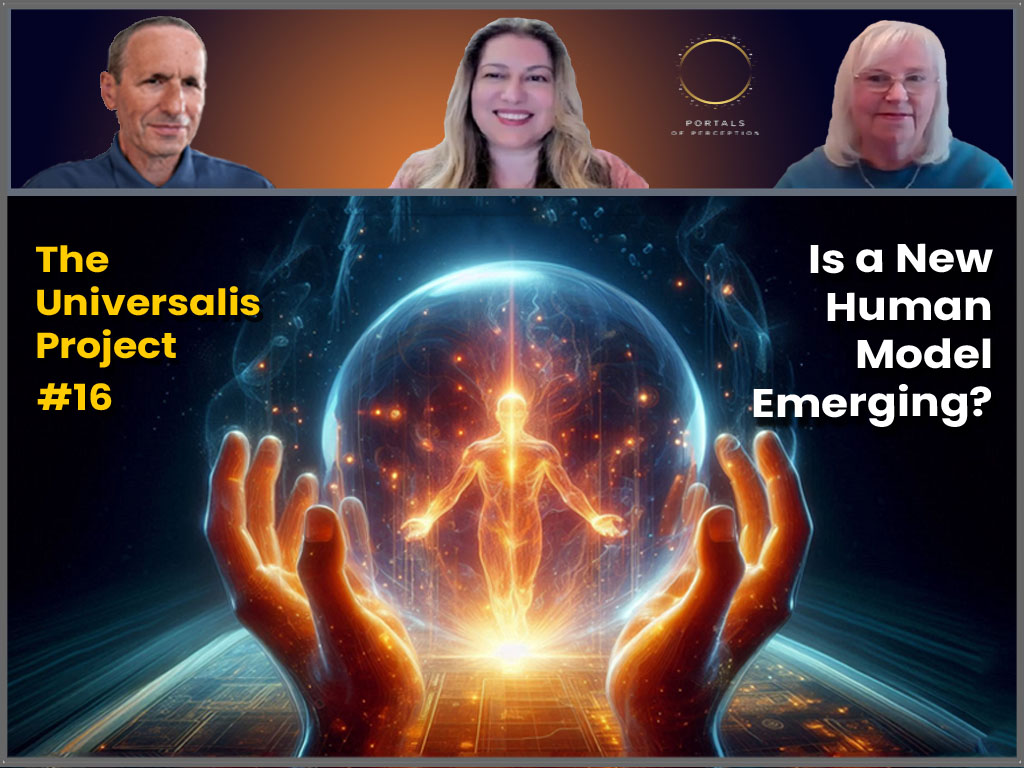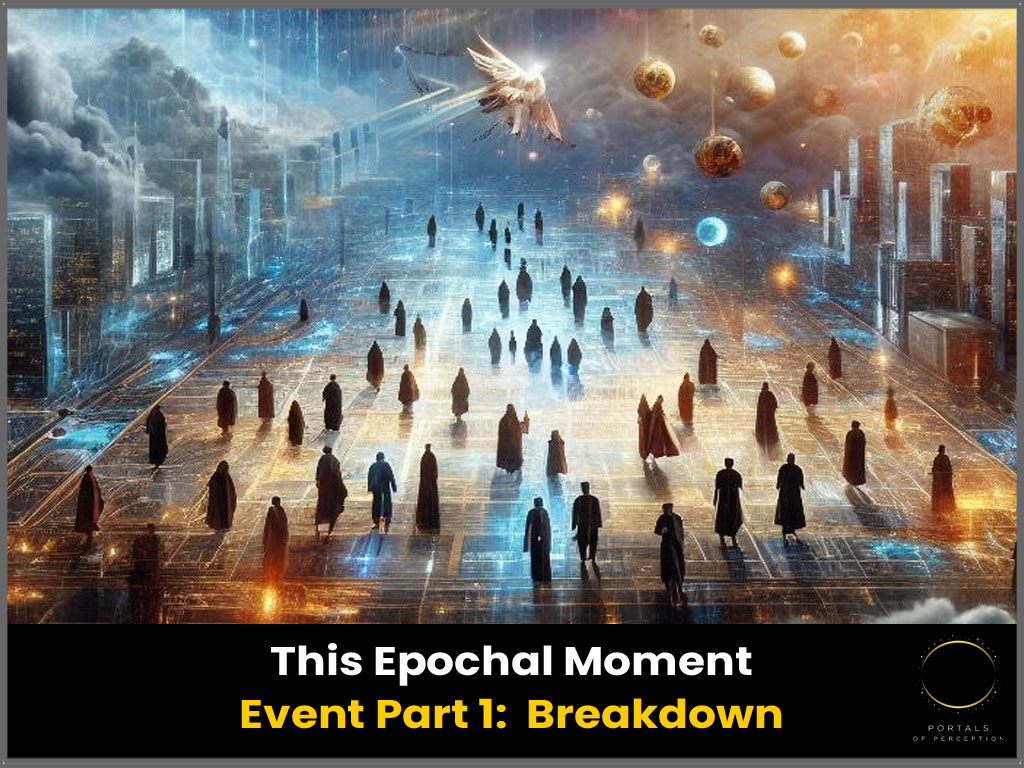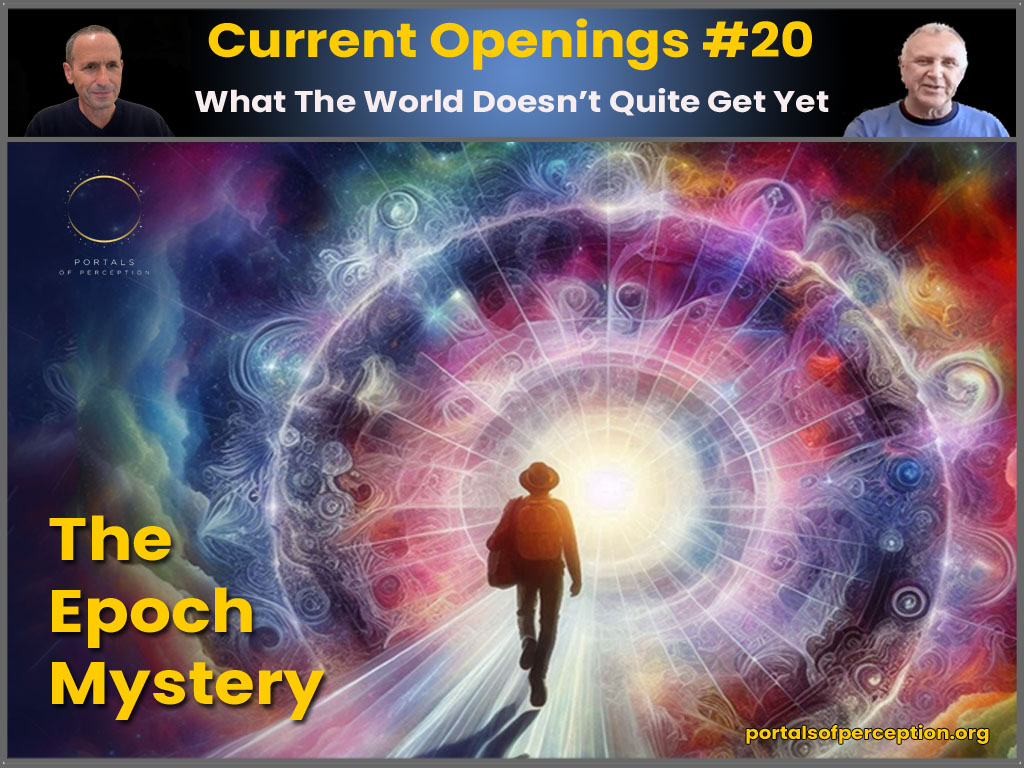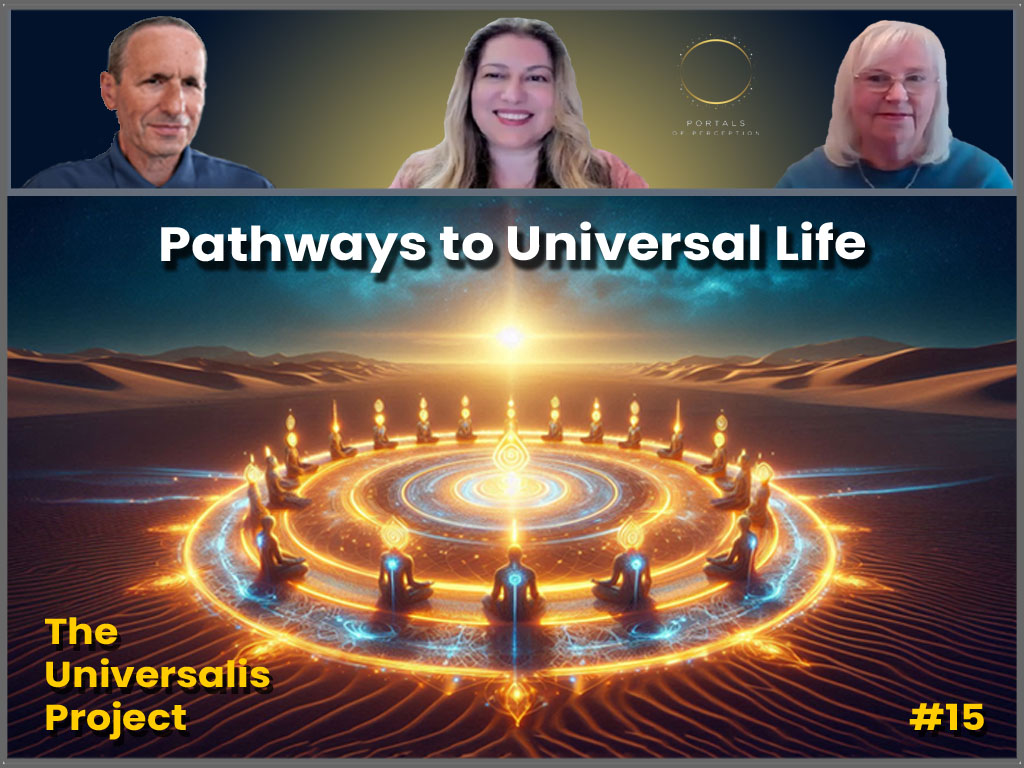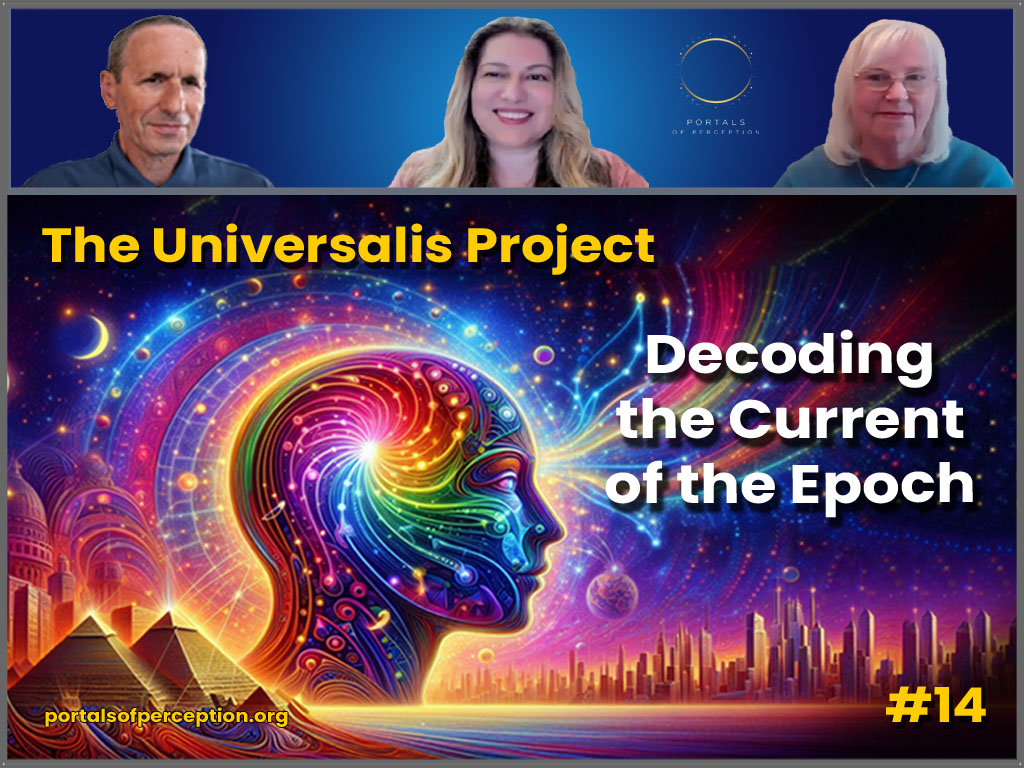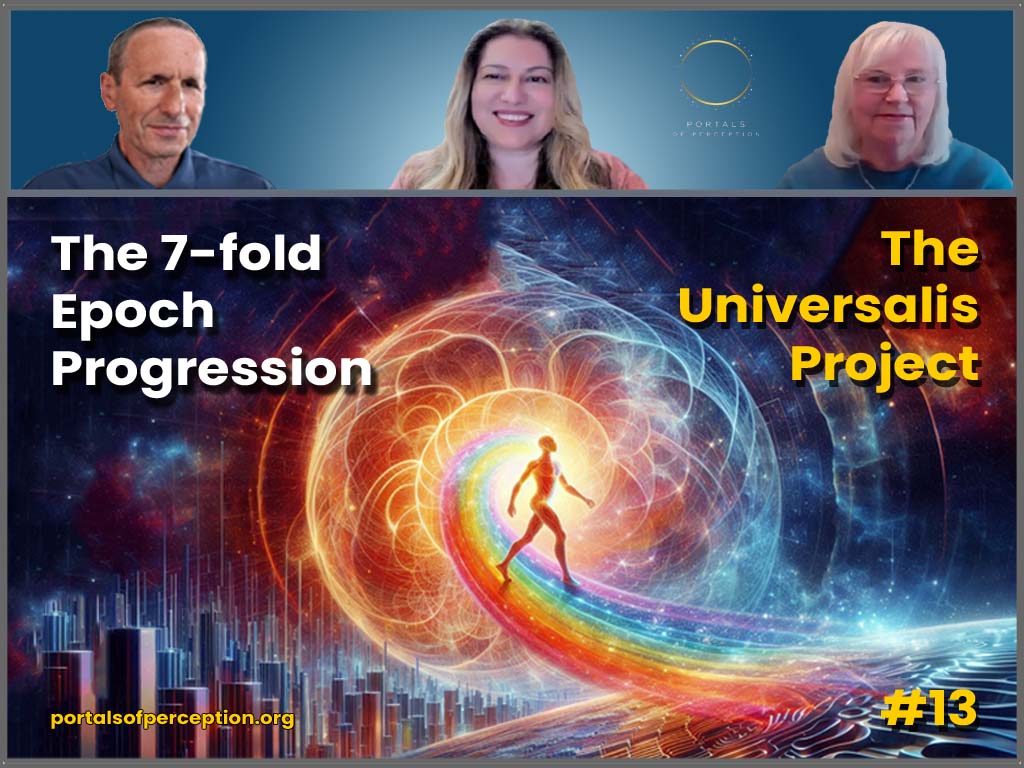
Aviv: You're describing there, Ronnie, what we may be right to assert as the third problem. Because so much of the way the idea of agency is now viewed or perceived is in a postmodern context. That is to say, you have your own sovereignty, and you have agency, you're not owned by any other entity other than the volitional self. That is a novel idea. That's a great idea.
The problem is that it has emerged inside the context of post modernity where so much of the everything else that happened became a post-everything else, including the assertion that there is no truth or objective truth or higher truth or truth other than how I choose to feel, or how I experience one thing or another, to have agency is to express.
I'm taking it to the extreme, obviously - the idea of agency, when it's coupled with this idea, is express what you feel because that is the only truth there is. That's one end of that distorted limitation of agency.
The self is unfinished. We love to confine things to a boundary so that we know the parameters, but, in fact, this area of the self, rather than it being a self authorized, in that postmodern sense, that we can do anything we like - there is no truth and anything goes - but if you think about the self in this other context, then it really needs to be the idea of self-realization as a process of discovery.
